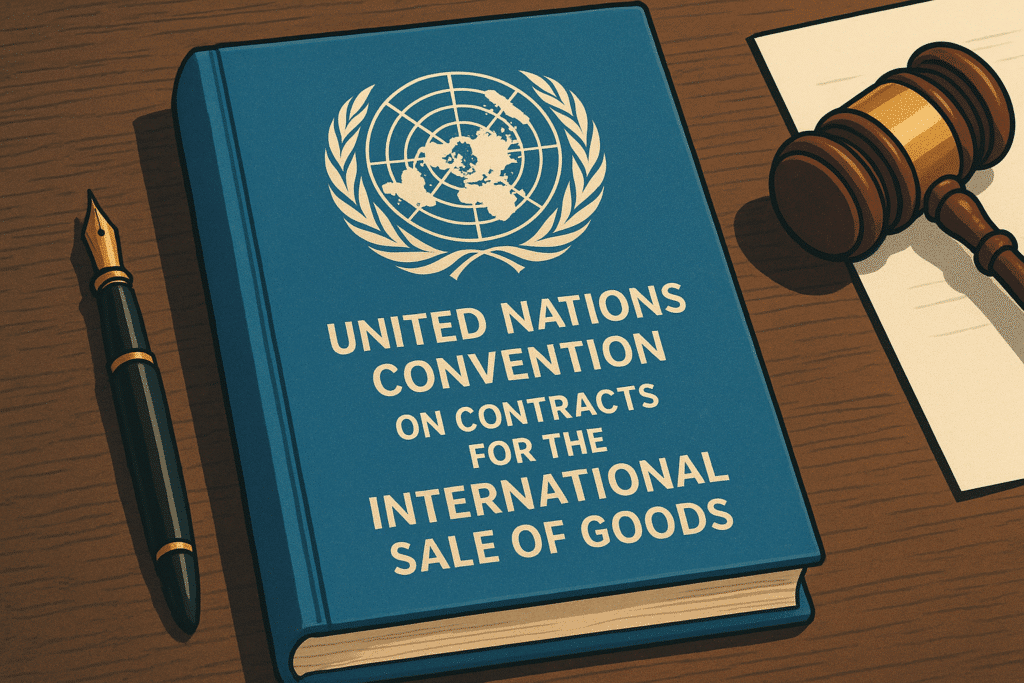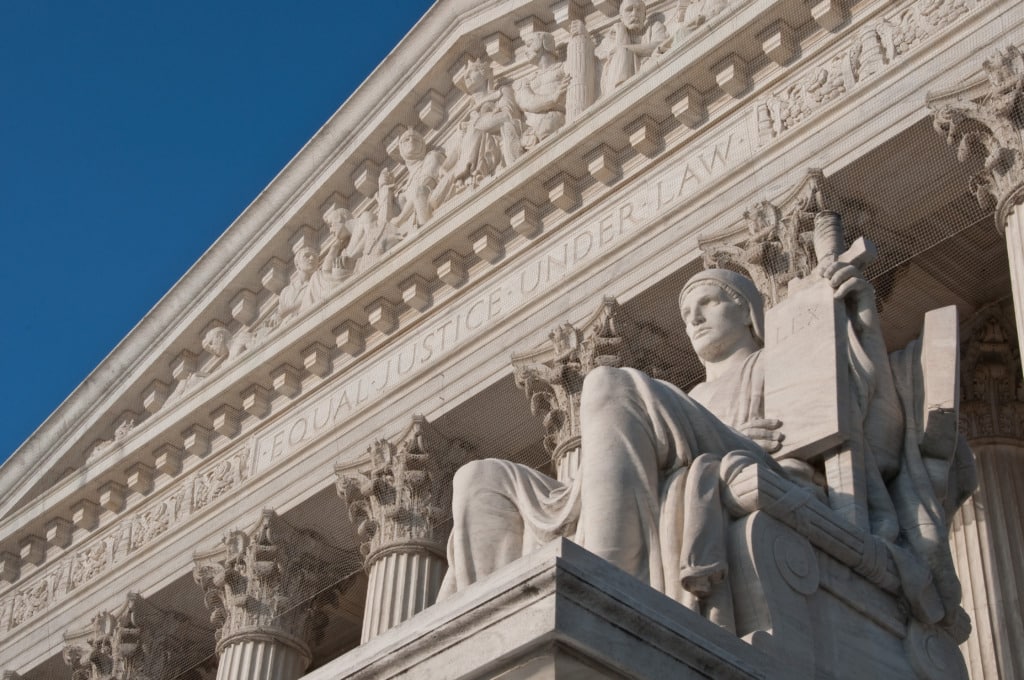Ninth Circuit Decides Cassirer in Favor of Spain
In 2005, Claude Cassirer sued a state-owned museum in Spain to recover a painting by Camille Pissarro that the Nazis stole from his grandmother. The case went to the U.S. Supreme Court on a choice-of-law question, and the Court held that state, rather than federal, choice-of-law rules should determine the applicable law in cases under…
Continue ReadingNew Empirical Study on CISG Litigation
There are a number of empirical studies about the United Nations Convention on Contracts for the International Sale of Goods (CISG). A recent intervention by Carolina Arlota and Brian McCall, When Federal Law Goes Unnoticed: Assessing the CISG’s Applicability Across U.S. Courts Based on an Empirical Research of Decisions from 1988 to 2020, in the…
Continue ReadingOral Argument in Great Lakes
On October 10, 2023, the U.S. Supreme Court heard oral argument in Great Lakes Insurance v Raiders Retreat Realty LLC. The issue presented was whether, as a matter of federal admiralty law, a choice-of-law clause in a maritime contract may be rendered unenforceable if enforcement is contrary to the “strong public policy” of the state…
Continue ReadingChoice of Law in Terrorism Cases
The U.S. District Court for the District of Columbia (DDC) is routinely called upon to adjudicate civil cases where plaintiffs bring claims against foreign sovereigns on behalf of themselves or relatives who were killed or injured in terrorist attacks overseas. If the plaintiff is neither a U.S. national, a U.S. servicemember, a U.S. government employee,…
Continue ReadingCassirer on Remand: Considering the Laws of Other Interested States
Claude Cassirer brought suit in federal court in California eighteen years ago against the Thyssen Bornemisza Museum of Madrid, Spain, to recover a painting by Camille Pissarro that was stolen from his grandmother by the Nazis during World War II. After a reversal and remand from the U.S. Supreme Court last summer, the case is…
Continue ReadingUpdate on Cassirer
Last year, the Supreme Court decided Cassirer v. Thyssen-Bornemisza Collection Foundation, a case about choice of law under the Foreign Sovereign Immunities Act (FSIA). This post gives a quick update on what has happened since, and where things are going next. Cassirer is a lawsuit about the ownership of a Camille Pissarro painting, surrendered by…
Continue ReadingDrawing Inferences from CISG Opt-Outs
The United Nations Convention on Contracts for the International Sale of Goods (CISG) and the Uniform Commercial Code (UCC) both supply rules to govern contracts for the sale of goods. The UCC applies to purely domestic transactions. The CISG applies to many international transactions. When a contract involves the mixed sale of goods and services,…
Continue ReadingWaiving Choice of Law
When I teach Conflict of Laws, I tell my students that they must always perform a choice-of-law analysis when there is a conflict between the laws of two jurisdictions. This is sound advice for doing well on the final exam. It is not, however, strictly true. In fact, litigants waive this issue all the time….
Continue ReadingFederal Law and Choice-of-Law Reform
How much should federal law have to say about the choice-of-law rules used by federal courts in diversity cases? In Klaxon v. Stentor Electric Manufacturing Co., Inc., the U.S. Supreme Court held that federal courts sitting in diversity should apply the choice-of-law rules prevailing in the states in which they sit. This post defends the…
Continue ReadingThe Homeward Trend in Chinese Choice-of-Law Cases
One of the characteristics of transnational litigation is that there is generally more than one forum in which the suit may be brought. Although TLB focuses primarily on transnational litigation in U.S. courts, it can sometimes be useful to look at what is going on in other systems where litigation might instead be filed. A…
Continue Reading




